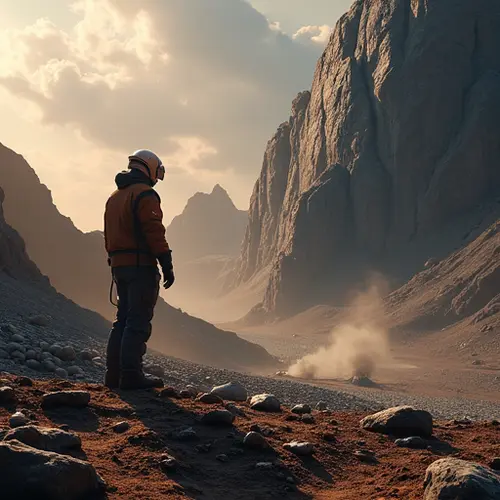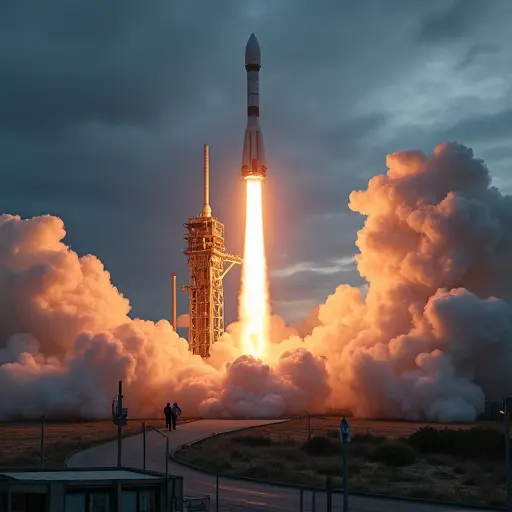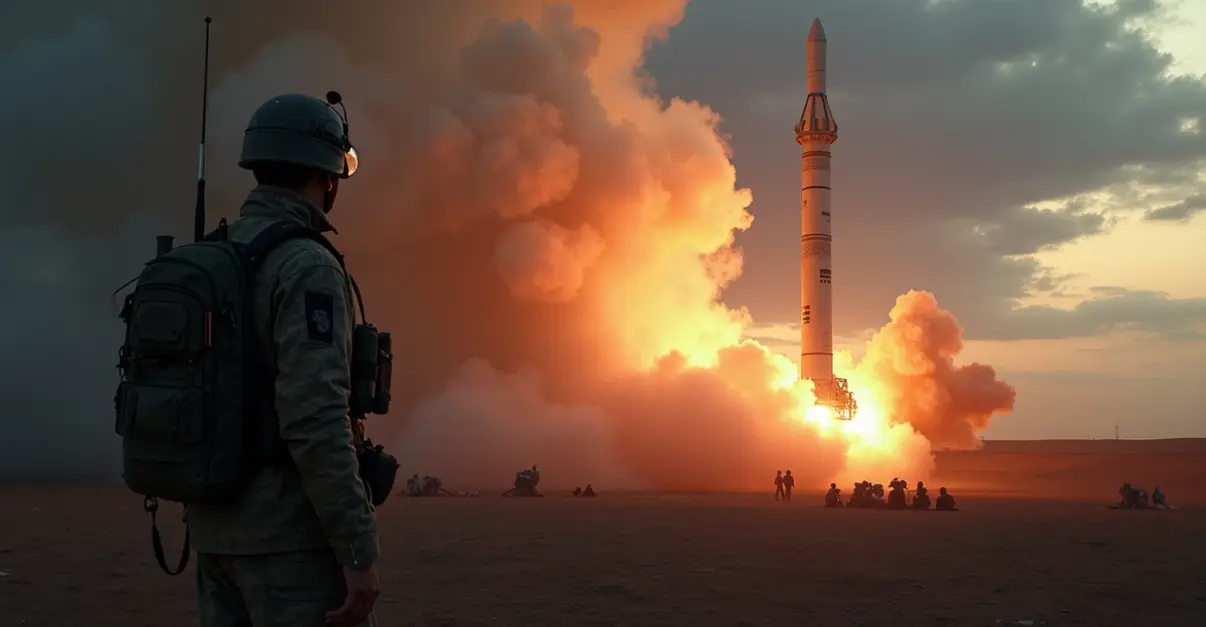Debates intensify over space mining rights as technological advances outpace international law. Key issues include treaty ambiguities, national laws, and ethical concerns, with calls for new global frameworks to ensure fair resource use.

Space Mining Legalities: Navigating Resource Rights in Outer Space
The burgeoning field of space mining is sparking intense debates over resource rights in outer space, as nations and private companies eye the vast mineral wealth of celestial bodies like asteroids and the Moon. With technological advancements making extraction feasible, the legal framework governing these activities remains fragmented and contentious, raising questions about ownership, sustainability, and international cooperation.
Historical Context and Key Treaties
Space law has its roots in the Cold War era, primarily shaped by the Outer Space Treaty of 1967, which forms the cornerstone of international space governance. This treaty, ratified by over 110 countries, declares that outer space is not subject to national appropriation and should be used for the benefit of all humanity. However, it lacks specific provisions for resource extraction, leading to ambiguities. As noted by space law expert Dr. Emily Zhang, 'The Outer Space Treaty was visionary but vague; it didn't anticipate commercial mining, creating a legal vacuum that fuels today's disputes.' Subsequent agreements like the Moon Agreement of 1979 attempted to address resources by proposing them as a 'common heritage of mankind,' but it has limited signatories, including no major spacefaring nations.
Current Debates and National Initiatives
In recent years, countries have taken unilateral steps to clarify space mining rights. The United States passed the U.S. Commercial Space Launch Competitiveness Act in 2015, which grants American companies the right to own and sell resources extracted from space. This has inspired similar laws in Luxembourg, the United Arab Emirates, and Japan, fostering a competitive environment. Proponents argue that such legislation encourages innovation and economic growth. For instance, a representative from Planetary Resources stated, 'Clear property rights are essential for attracting investment and advancing space exploration.' However, critics warn that this could lead to a 'space gold rush' with minimal oversight, potentially exacerbating inequalities. Recent discussions in 2025 at the United Nations Committee on the Peaceful Uses of Outer Space (COPUOS) have highlighted divides between developed and developing nations over whether resources should be managed collectively or commercially.
Technological Advances and Ethical Considerations
Technological progress is accelerating space mining capabilities. Companies like SpaceX and Blue Origin are developing reusable rockets that lower costs, while startups focus on robotics for asteroid mining. A NASA mission planned for 2026 aims to demonstrate resource extraction on an asteroid, highlighting the practical implications. Ethically, concerns include environmental preservation—avoiding contamination of celestial bodies—and ensuring that benefits reach all humanity, not just wealthy entities. As astrophysicist Neil deGrasse Tyson remarked, 'If we mine space without rules, we risk repeating Earth's history of resource conflicts on a cosmic scale.' Debates also touch on cultural aspects, such as respecting the Moon's significance to indigenous communities.
Future Outlook and International Cooperation
The path forward likely involves new international agreements to prevent conflicts. Proposals include a space resource management body under the UN or bilateral treaties. The Artemis Accords, led by NASA, promote transparency and cooperation in lunar exploration, but key players like China and Russia have not joined, indicating geopolitical tensions. In 2025, the European Space Agency is advocating for sustainable guidelines, emphasizing that 'collaboration is key to ensuring space mining benefits everyone.' As space activities expand, balancing innovation with equity will be crucial for peaceful and prosperous exploration.

 Nederlands
Nederlands
 English
English
 Deutsch
Deutsch
 Français
Français
 Español
Español
 Português
Português









